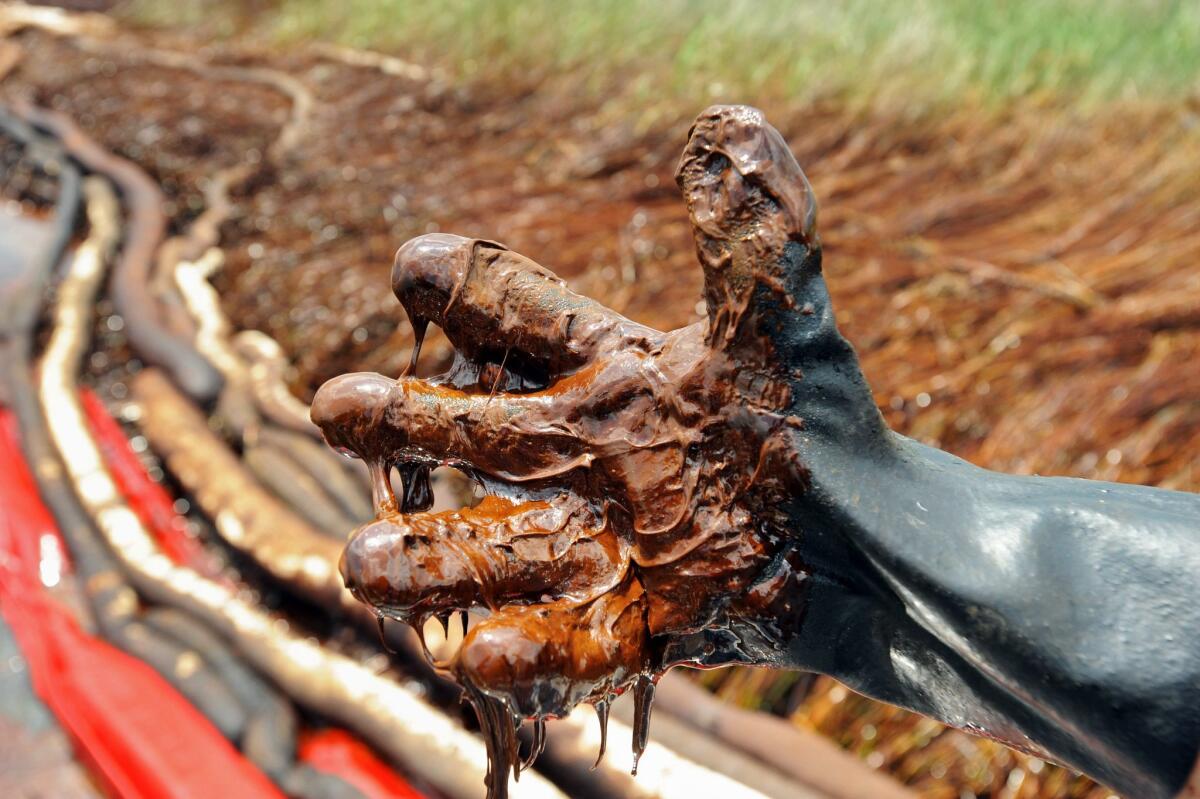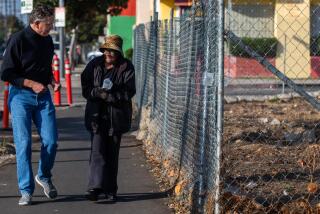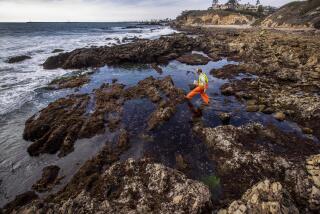Op-Ed: 5 years after BP spill, little has changed to protect Gulf of Mexico

- Share via
Another oil rig caught fire in the Gulf of Mexico early this month. Orange flames shot high into the night sky; the local news reported that multiple workers were missing; and residents of the beleaguered Gulf Coast waited for the other shoe to drop.
On that occasion, our worst environmental fears were not realized. The deadly April 1 explosion on a rig belonging to Mexico’s state-run Pemex oil company did not lead to a massive oil spill. But it served as a reminder that, five years after the April 20, 2010, Deepwater Horizon rig explosion, the government has done far too little to prevent another disaster.
In the months and days after the accident, which killed 11 workers and triggered a spill of more than 4 million barrels of crude oil, President Obama said all the right things. In June 2010, he addressed the nation on the BP spill and said his administration would take steps to “ensure that a disaster like this does not happen again.”
But Congress — controlled by Republican lawmakers indebted to their Big Oil campaign contributors — still has not enacted the offshore-drilling safety measures recommended by the president’s Oil Spill Commission. It has not given strong regulatory powers to the agency that replaced the scandal-scarred Minerals Management Service. And it has not raised the ridiculously low cap of $75 million for corporate liability on major spills.
Congress has also failed to make money available for an oil-spill research fund. A proposed “safety institute” hasn’t materialized. Neither has the new training center for federal regulators, meant to help them carry out more rigorous inspections of offshore rigs.
The Obama administration, for its part, has been a lot more aggressive about awarding new leases than developing stricter regulations for blowout preventers similar to the one that failed aboard the Deepwater Horizon.
New rules weren’t proposed until this month, and although they are clearly a step in the right direction, they don’t change the bigger picture. Indeed, the rules, which aim to upgrade oil-rig technology, took so long that some environmentalists worry they’ll soon be out of date. On balance, the culture of safety for offshore drilling has not substantially improved since April 2010.
Lax government standards for highly toxic dispersants are yet another problem. In 2010, BP sprayed 1.8 million pounds of Corexit onto the surface of the gulf to make the oil slicks disappear. Since then, a string of scientific studies has suggested that exposure to Corexit may have been more damaging to the health of cleanup workers and marine life than the initial exposure to spilled oil.
Despite these damning reports, the U.S. Environmental Protection Agency refuses to follow the lead of Britain, which banned use of the dispersant because of the risks to workers. That means the next time a large spill occurs in the gulf — or other areas where the Obama administration has proposed expanded offshore drilling, including a large swath of the Atlantic coastline — cleanup crews could make the same toxic, avoidable mistake.
But the truth is that the next time officials have to consider spraying Corexit, it will already be too late to save the gulf, which has not fully recovered from the BP disaster. A second spill probably would ruin the ecology of this precious national resource for good.
On the fifth anniversary of the Deepwater Horizon accident, workers continue to clean up tar balls and giant tar mats of weathered BP oil along beaches from Louisiana to Florida. Black crude still clogs the edges of our ever-shrinking wetlands. A recent report by the National Wildlife Federation chronicled significant health damage to some 20 species of marine plants and birds, while people who took part in 2010 cleanup efforts struggle with headaches, nausea and other symptoms.
Can you imagine what would happen if an additional 4 million or 5 million barrels were dumped on top of this environmental catastrophe? The BP spill should have inspired Congress and the Obama administration to more rapidly enact the strictest offshore drilling regulations in the world, and to freeze new exploration until new technologies came online. Instead, five years later, the Gulf of Mexico is as vulnerable to accident as ever.
Stuart H. Smith is a New Orleans-based environmental attorney and author of “How I Fought Big Oil and Won, and What You Should Know About the New Environmental Attack on America.”
Follow the Opinion section on Twitter @latimesopinion and Facebook
More to Read
A cure for the common opinion
Get thought-provoking perspectives with our weekly newsletter.
You may occasionally receive promotional content from the Los Angeles Times.










